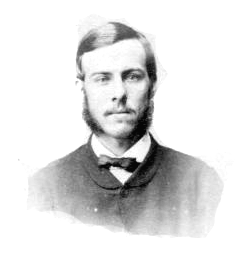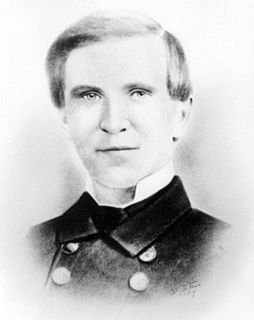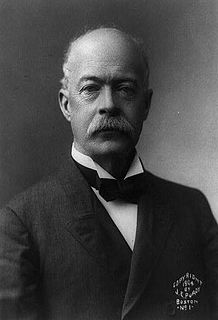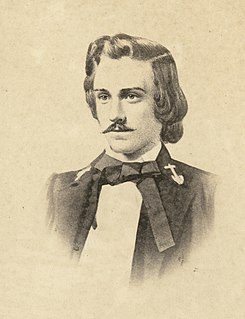 W
WJohn Yates Beall was a Confederate privateer in the American Civil War who was arrested as a spy in New York and executed at Fort Columbus, Governors Island, New York.
 W
WClifton Rodes Breckinridge was a Democratic alderman, congressman, diplomat, businessman and veteran of the Confederate Army and Navy. He was a member of the prominent Breckinridge family, the son of Vice President of the United States and Confederate General John C. Breckinridge and the great-grandson of U.S. Senator and Attorney General of the United States John Breckinridge.
 W
WIrvine Stephens Bulloch was an officer in the Confederate Navy and the youngest officer on the famed warship CSS Alabama. He fired its last shot before it was sunk off the coast of France at the end of the American Civil War. He was a half-brother of James Dunwoody Bulloch, who served as a foreign agent in Great Britain on behalf of the Confederacy, in part to arrange blockade runners.
 W
WRobert Randolph Carter was an American naval officer that would later come to be known for a journal he kept while unsuccessfully searching for the Franklin expedition. This journal was later posthumously published by the Naval Institute Press as Searching for the Franklin Expedition: The Arctic Journal of Robert Randolph Carter in May 1998 and won the 1998 John Lyman Book Award for Primary Source Materials, Reference Works, and Guide Books. He was a member of the Carter family of Virginia, which was descended from Robert "King" Carter. Carter married Louise Humphreys on January 6, 1852 and had two children with her.
 W
WWashington Duke was an American tobacco industrialist and philanthropist who fought in the American Civil War. In 1865, he founded the "W. Duke, Sons & Co.", a tobacco manufacturer that would be merge to other companies to form conglomerate American Tobacco Company in 1890.
 W
WWilliam Thornton Glassell was an officer in the Confederate States Navy during the American Civil War. He laid out the city of Orange, California.
 W
WGeorge Nichols Hollins (1799–1878) was an American Captain and Naval Base Commander, in the US Navy and later a Captain and Commodore in the Confederate Navy. He famously won the Battle of the Head of Passes, a naval battle of the American Civil War, returning to New Orleans a hero.
 W
WThomas B. Huger was an officer in the Confederate States Navy during the U.S. Civil War. Before the war, he had served for over 20 years in the United States Navy.
 W
WHorace Lawson Hunley was a Confederate marine engineer during the American Civil War. He developed early hand-powered submarines, the most famous of which was posthumously named for him, CSS H. L. Hunley.
 W
WWilliam Washington Jones Kelly was the first Lieutenant Governor of Florida.
 W
WStephen Russell Mallory Jr. was a U.S. Senator and U.S. Representative from Florida who served as a Democrat. He was the son of U.S. Senator Stephen Russell Mallory.
 W
WCharles Manigault Morris was an officer in the United States Navy and later in the Confederate States Navy. Morris was a descendant several of the most prominent Northern and Southern families in colonial America.
 W
WPeter Umstead Murphey was a former officer of the United States Navy who joined the Confederate States Navy during the American Civil War.
 W
WWilliam Harwar Parker was an officer in the United States Navy and later in the Confederate States Navy. His autobiography, entitled Recollections of a Naval Officer 1841–1865, provides a unique insight into the United States Navy of the mid-19th century during an era when the Age of Sail was coming to an end and the advent of steam power and ironclads was beginning.
 W
WJames Ryder Randall was an American journalist and poet. He is best remembered as the author of "Maryland, My Maryland".
 W
WCharles William Read, nicknamed "Savvy", was an officer in the antebellum United States Navy and then in the Confederate Navy during the American Civil War. He was nicknamed the "Seawolf of the Confederacy" for his exploits and daring.